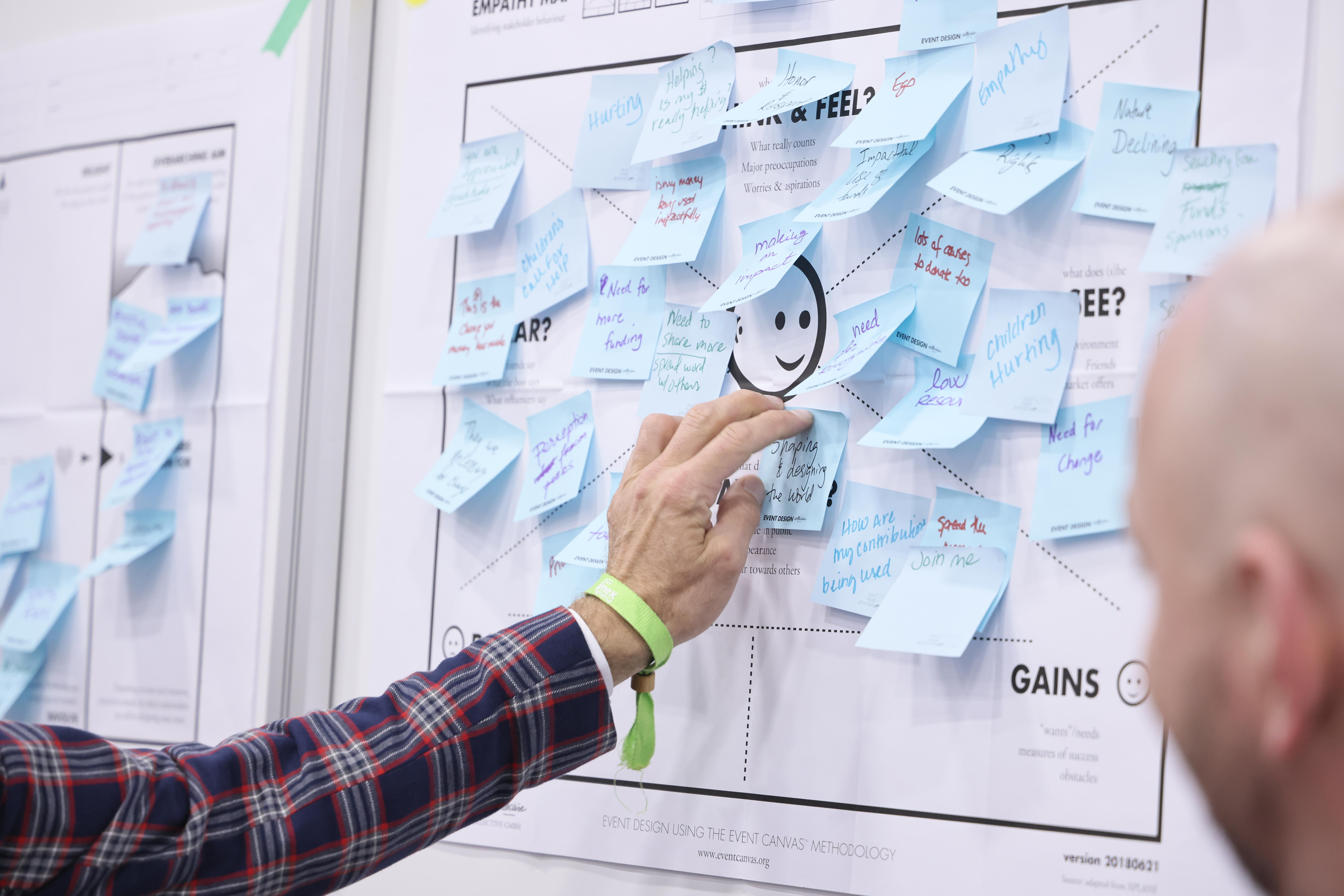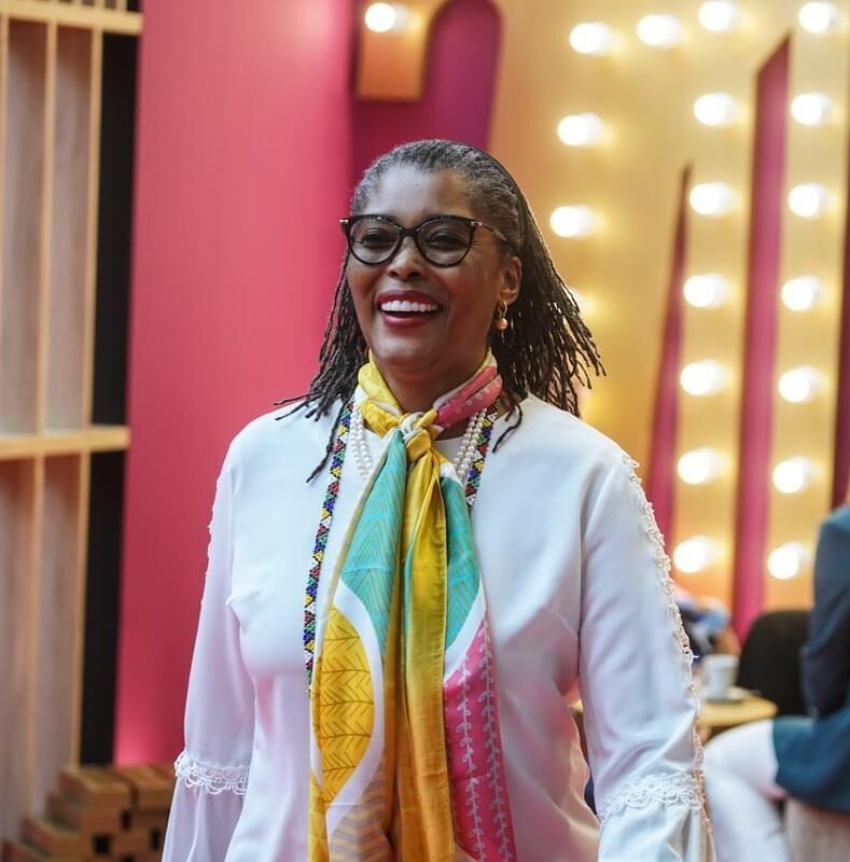How event leaders can embrace change and cultivate positive habits
The meetings and events industry can be fast paced, unpredictable and stressful. It’s easy to fall into old and familiar habits that feel good in the short term. But in the long term, they have negative consequences.
Creating new habits and staying on track doesn’t always come easy to us. But the process of forming habits and breaking bad habits can make us better leaders and co-workers.
If you want to become a better leader, a better co-worker or just break up with some bad habits, follow the five steps below.

1. Identify what you really want to achieve
We often know what we don’t want, but we seldom have a clear picture of what we do want – or why.
It’s important that you understand the reason why you want to start on your change journey. Look at your current situation and identify what you might want to take on the journey with you. Make sure to be clear on what you want to find at the end of this journey.
The number one reason why change projects fail is bad communication.
Even if your project involves only you, clearly communicate your goals to yourself – write them down and revisit them often.
2. Define your goals
Define a goal that is “authentically you”, i.e. uniquely relevant to you and not something that you feel you “should” do. Make it a goal that you are excited and passionate about, then phrase it in a way that is enticing to you.
In many cases only a highly attractive goal will generate the momentum needed for your journey to start.

3. Not facing resistance head on can lead to you not achieving your goals
Corporate change projects often encounter resistance and can fail when that is not properly addressed. Resistance comes from different issues such as a lack of understanding, a lack of trust in capability and potential, a lack of motivation, or simply too much activity.
Therefore, different challenges require different communication.
The same is true for personal change. How do you talk to yourself when there is an inner “yes, but…”? What exactly is holding you back? Is it that you don’t know what the next step should be? Or is it that you don’t trust yourself to take it? Or are you so active that you can’t focus on what’s important now?
Find out where your inner resistance comes from and address it. This can be just talking things out or taking action.

4. Create new habits using triggers and routine
Habits enable us to take actions without consciously thinking about them, removing the need for constant decision making. As some habits are not beneficial to us this can be a mixed blessing. On the other hand, by understanding how habits work, you can consciously automate new behaviors that are good for you.
You can help yourself form habit by learning:
- how to set triggers to get your new habit going
- how short or simple a routine can be to still be effective
- how you can reward yourself to make the new habit stick
5. Make sure you track progress towards your goals
It’s important to track your progress, and celebrating milestones or wins is the best way to do this. If the milestones are too far apart, it can be hard to reaffirm a positive development. It’s essential to feel a project is going in the right direction and accomplishments are recognized. If wins aren’t celebrated, it can lead to a sense of frustration and cause a lack of motivation for future projects.
In personal projects keep yourself motivated by acknowledging and celebrating even the smallest steps. Our brains crave positive emotions, so creating even a small win will make building new habits easier. As a bonus, it may also make you more perceptive to celebrating the wins of others.








